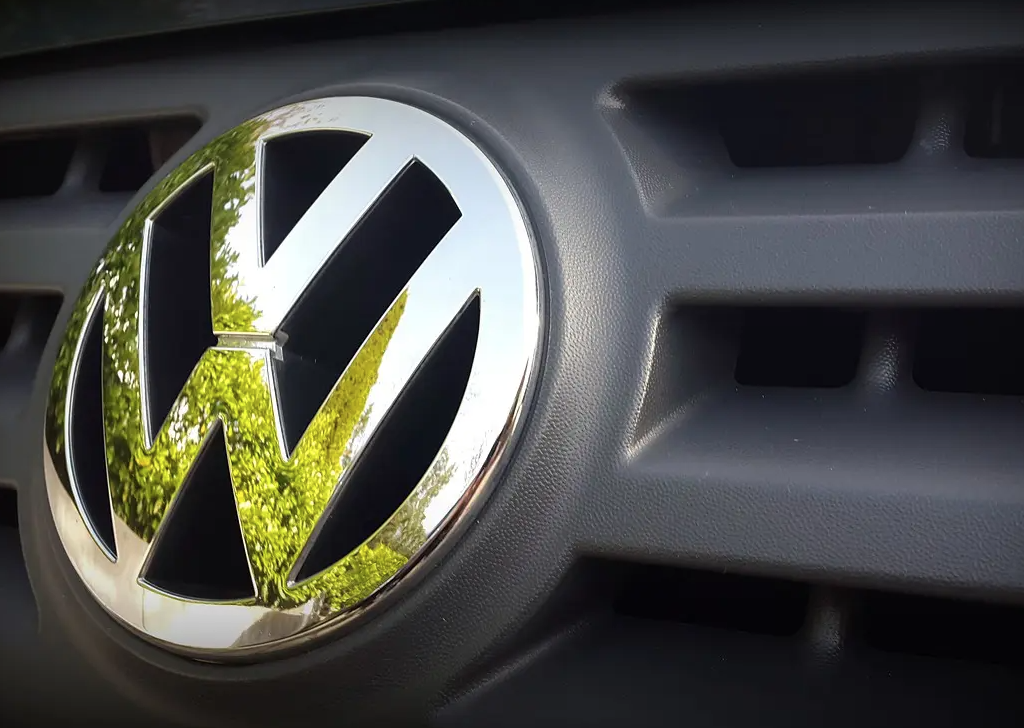The arguments about the reopening of the dossier on stop diesel cars and gasoline in 2035 continue
(sustainabilityenvironment.com) – Berlin slams the door in the face of the Commission von der Leyen on the dossier of the diesel and petrol cars stop in 2035. The compromise proposed by the European executive is not even worth discussing.
Brussels should instead sign a declaration, written in Berlin, in which it assures that “by autumn 2023” it will prepare “without delay” a “technologically neutral climate regulation” that guarantees a future for electric fuel (e-fuel) vehicles. In practice, Germany wants its liea to pass in full and will not accept anything less.
This is the content of the formal response that the German Ministry of Transport, led by the liberal Volker Wissing, had delivered on the desk of the President of the Commission Ursula von der Leyen and on that of the vice-president with delegation to the climate Frans Timmermans.
What Berlin asks about the diesel and petrol car stop
The missive, seen from Politico, blocks the road to the hypothesis to create an ad hoc category for the vehicles with traditional combustion engines but fed to e-fuel. The Commission had proposed this solution in order to meet Berlin. But the compromise applies to Euro 6, not Euro 7. Thus, with the release of the leghold trap in 2035, the fate of this “new” category of vehicles would have remained uncertain. At the very least, Germany would have to negotiate again to allow the car industry to continue producing and selling cars with endothermic engines.
read also The EU gives in to endothermic cars stop in 2035: changes coming soon
However, the declaration that Berlin wants Brussels to sign goes beyond its initial request. There is in fact a clause that saves the German wishes in any case. The Commission should undertake to use a delegated act to amend the legislation adopted at the end of 2022. But if one of the two co-legislators (the Council and the European Parliament) opposes the act, the Commission undertakes to reopen the whole dossier, that is to change the Euro 7 parameters to make sure that even e-fuel cars can meet emission standards. This is equivalent to removing the zero-emission limit for each new vehicle sold after 2035.
